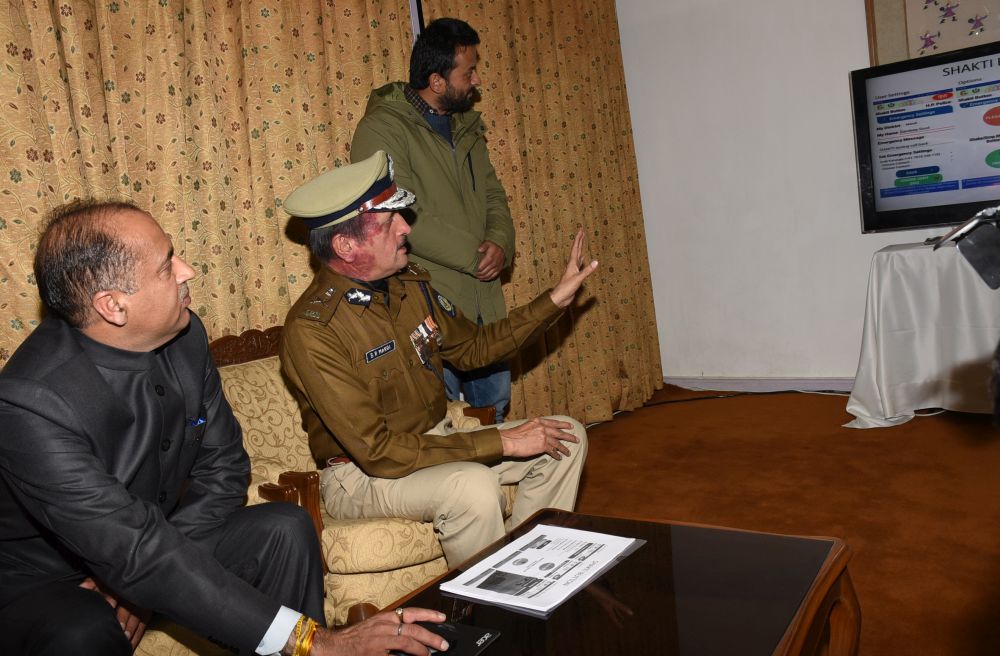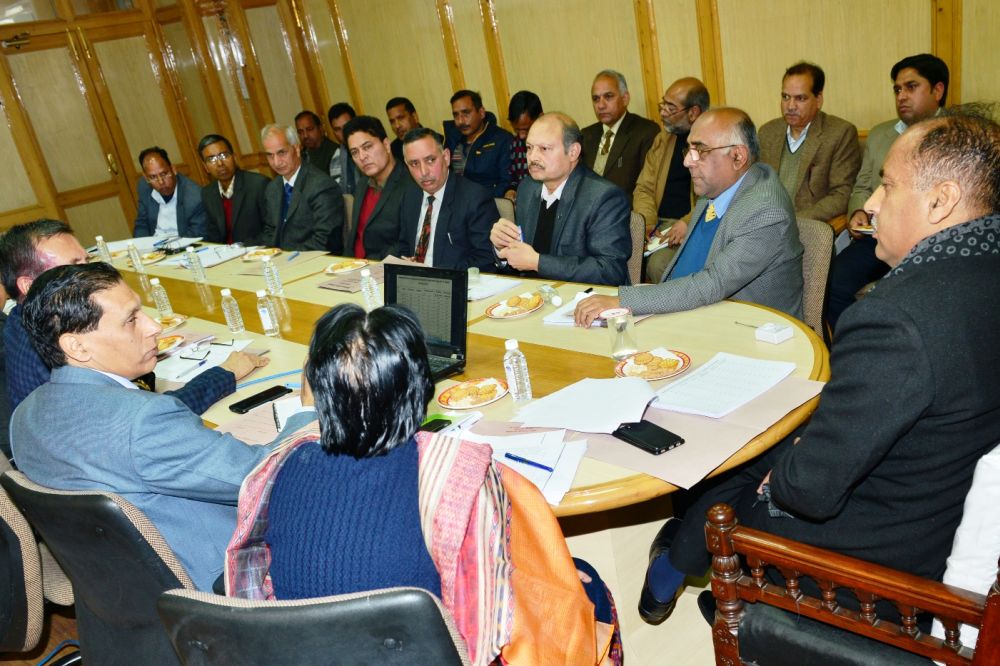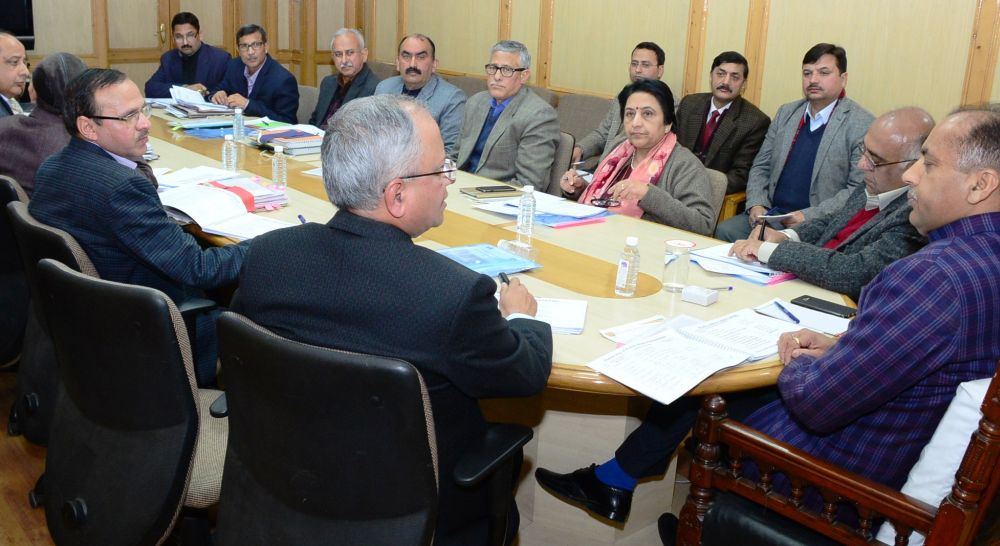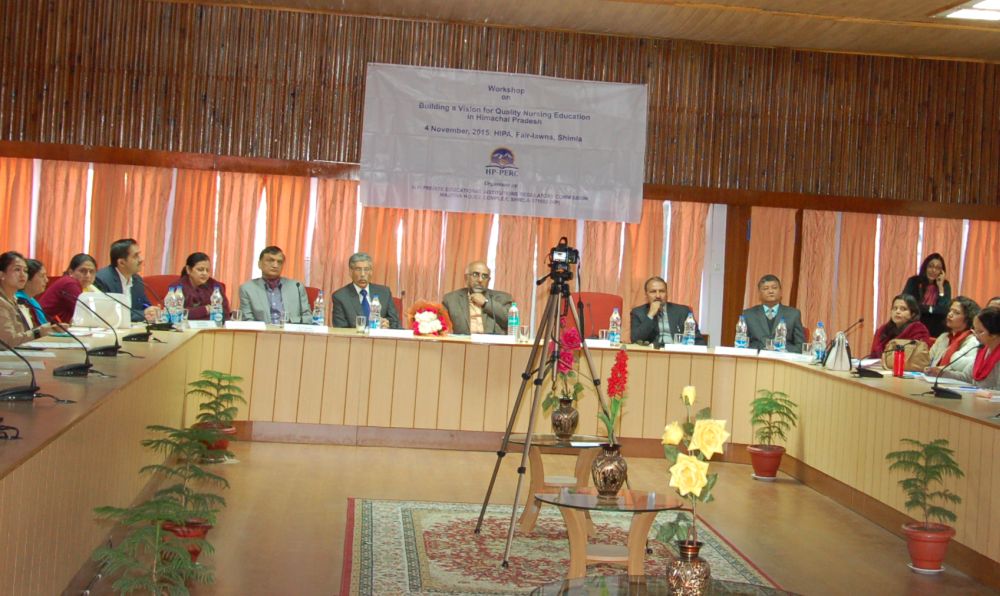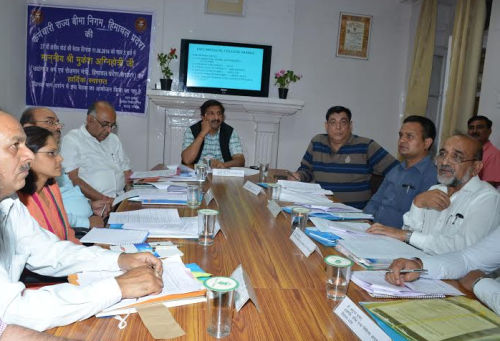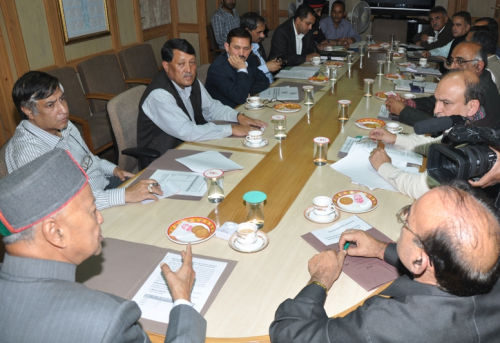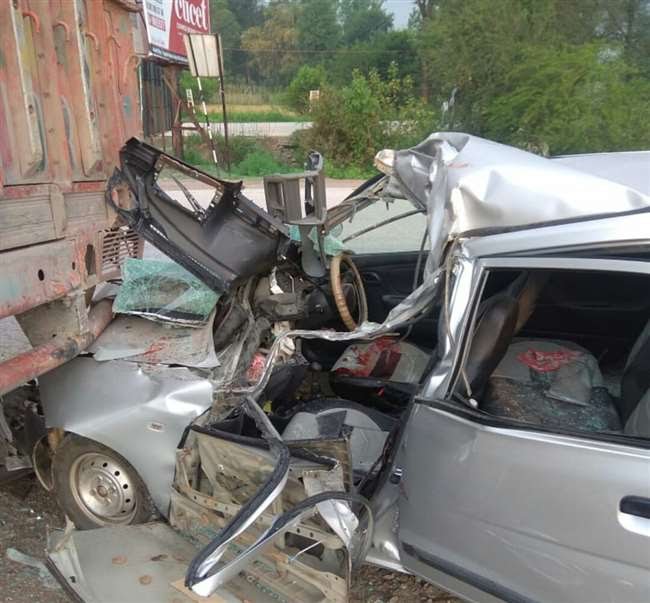The Himachal Pradesh Government is to implement Mukhya Mantri State Health Care Scheme (MMSHCS) from February, 2016. The state cabinet had given its approval in July, 2015.
The state Govt has executed an agreement with Delhi based RTS Rural Technologies Private Limited, to implement the Scheme today. Vineet Chawdhry, Additional Chief Secretary (Health), Himachal Pradesh signed the agreement on behalf of State of Himachal Pradesh.
The Mukhya Mantri State Health Care Scheme is aiming to provide cashless treatment at the time of hospitalization to the Sr. Citizens above 80 years of age, Ekal Naaris, Part Time workers, Daily Wage Workers, Anganwari Workers/Helpers, Mid-Day Meal Workers, Contractual Employees (Government Department/ Autonomous Bodies/Societies under Government/Boards/Corporations etc.) and Persons with more than 70% disability.
The smart cards will be prepared by visiting at Panchayat level by the representatives of the Company. In addition, company will set up the KIOSK at district headquarter after 10th January, 2016. In case of an emergency, the beneficiary can prepare smart card at KIOSK. The beneficiary has to produce authorization letter from Department, photo Identity proof like Aadhar card, Voter ID card and Ration card etc. for enrollment under the Scheme.
Under the scheme free medical treatment for smart card holder family, will be provided with a maximum coverage of Rs. 30,000/- (Under Basic Package) per year on floater, cashless and paperless basis. In addition to the basic package, cashless benefits of Rs. 1,75,000/- exclusively for treatment of Cardiac and Cardiothoracic Surgeries, Genito Urinary Surgery, Neurosurgery, Radiation Oncology, Trauma, Transplant Surgeries, Spinal Surgeries, Surgical Gastroenterology, Hemophilia and Cancer for all the Smart Card holders, will be provided. The scheme will benefit more than 1.50 lakh families of the state.
The RTS is a Delhi based company providing solutions to the government bodies, health insurer, health insurance TPAs and the healthcare service providers primarily work in rural areas and targeting the weaker section of the societies.



